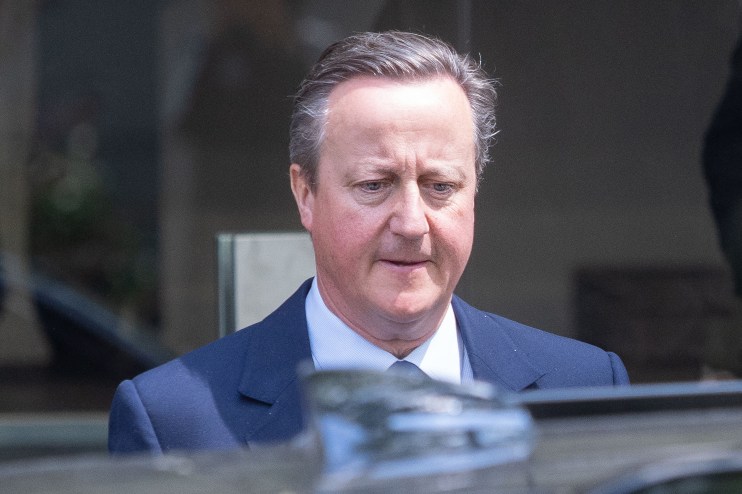‘Mistake’ to focus on flu in pandemic preparedness, David Cameron admits

David Cameron has admitted it was a “mistake” for his government to focus too heavily on preparing for an influenza wave rather than a potential coronavirus pandemic.
The former Conservative prime minister told the official Covid-19 inquiry, which is currently examining the UK’s readiness to respond to a disease outbreak, the decision led to “many consequences” but defended the austerity measures taken under his leadership from 2010 to 2016, following the financial crash.
Speaking under oath, Cameron, the first politician to be quizzed by the inquiry, said the time focusing on flu was “the thing I keep coming back to” amid the horrors of the Covid crisis.
He said: “I think it was a mistake not to look more at the range of different types of pandemic. Much more time was spent on the dangers of pandemic flu rather than on potential pandemics of other, more respiratory diseases, like Covid turned out to be.
“I think this is so important because so many consequences follow from that.”
Cameron, who was heckled as he left the building, told the inquiry ministers did look at other pandemics such as Mers and Sars but that the “failing” was not asking more about asymptomatic transmission.
On funding the pandemic preparedness, Cameron said funding for three months of personal protective equipment (PPE) for each hospital, like Hong Kong, was never requested to him.
“Had I been asked, we would’ve granted it, that’s not expensive.. not a huge commitment,” he said.
He insisted there was not too little economic planning and school closures were not raised.
He defended the steps taken by himself and then-chancellor George Osbourne – who is giving evidence on Tuesday – to cut public services in a bid to reduce the UK’s deficit, and said the furlough scheme “was possible because we had the financial capacity to do it”.
Sir Chris Womald, the top civil servant in the Department of Health and Social Care (DHSC) since 2016, admitted there had not been any discussion of mass quarantining in planning.
Cameron also refused to accept that cuts to NHS spending had depleted the health service, arguing that it was “absolutely essential” to ensure the public finances were strengthened.
However, the British Medical Association (BMA), the body which represents doctors, has accused Cameron and his ministers of allowing the NHS to get into a “parlous state”. While Trades Union Congress (TUC) general secretary Paul Nowak claimed he was “in denial”.
Cameron was questioned by barrister Kate Blackwell KC rather than lead inquiry counsel Hugo Keith, who has said he knows the former PM.
Chancellor Jeremy Hunt and deputy PM Oliver Dowden will give evidence later this week.
